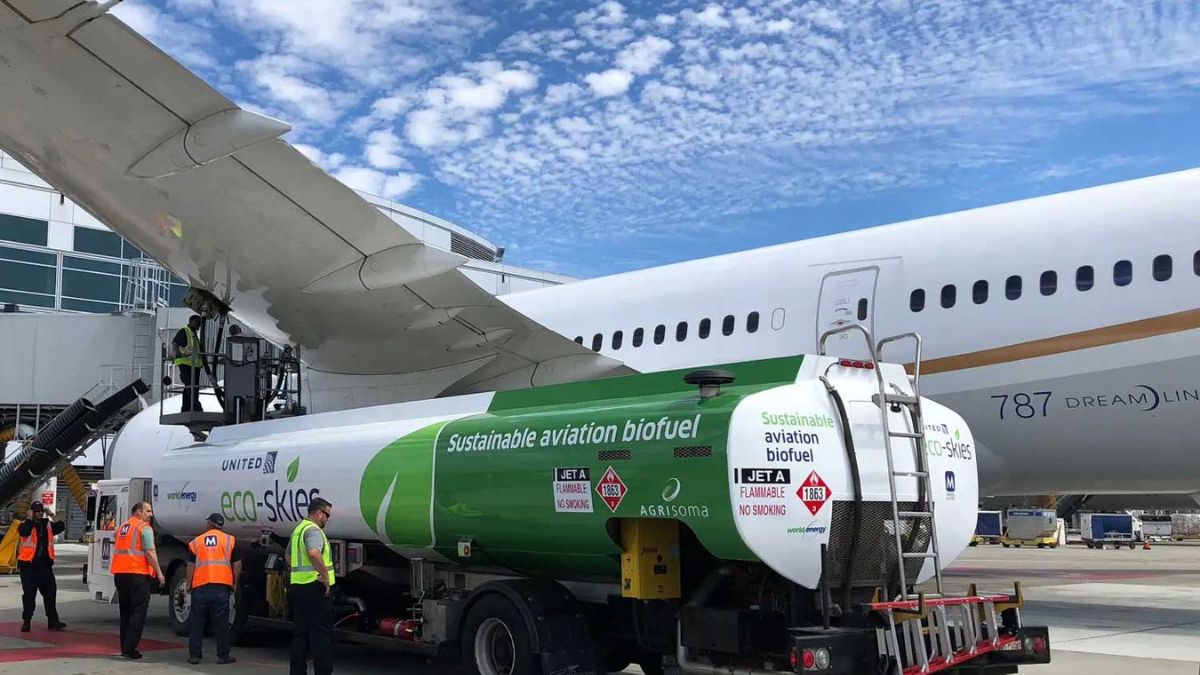South Korea is set to implement a mandate requiring all international flights departing from the country to use sustainable aviation fuel (SAF) starting in 2027. This initiative aligns with global efforts under the International Civil Aviation Organization’s (ICAO) Carbon Offsetting and Reduction Scheme for International Aviation (CORSIA), which aims to reduce the aviation industry’s carbon emissions.
SAF, produced from renewable sources like agricultural waste, will be blended with traditional jet fuel. Initially, South Korea plans to introduce a 1% SAF mix for international flights, with the potential for higher percentages in the future as the technology and production capacity develop. This move is expected to drive significant demand growth for SAF, which is anticipated to rise from 240,000 tonnes in 2022 to 18.35 million tonnes by 2030.
South Korean airlines, including the national carrier Korean Air, are already beginning to incorporate SAF on select routes. To support this transition, the South Korean government is exploring tax incentives and other measures to offset the higher costs associated with SAF production, which is currently more expensive than conventional jet fuel.
The government sees this as a crucial step in preparing the country for the global shift towards cleaner aviation fuels. As the world’s leading exporter of aviation fuel, South Korea is positioning itself at the forefront of this transition, viewing SAF as a promising new growth engine in response to the expanding global demand. This mandate is part of a broader global push to decarbonize the aviation sector, with international cooperation and investment needed to meet the 2027 deadline.

